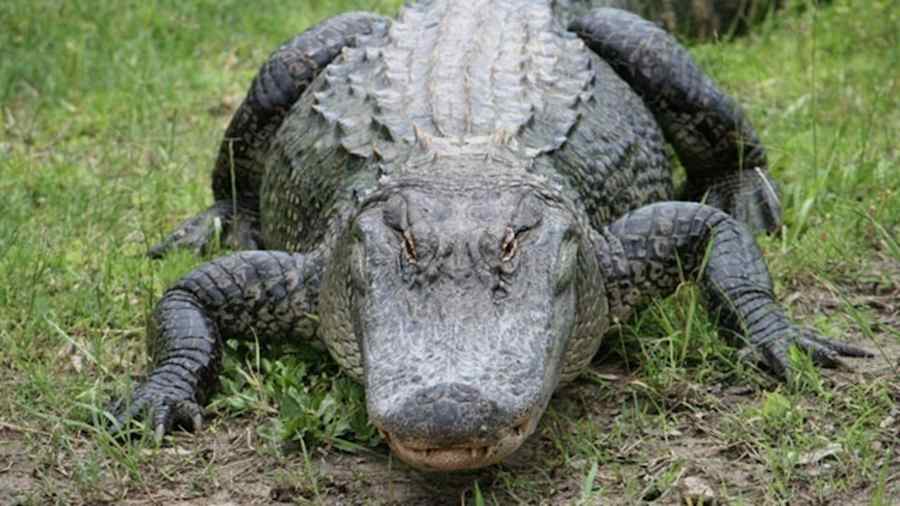The Florida Fish and Wildlife Conservation Commission issued more than 7,500 permits for alligator hunting as Florida’s statewide alligator harvest begins Wednesday
Those include an additional 1,313 county-wide permits.
Recommended Videos
FWC officials said the harvest is a way to manage the alligator population and is nationally and internationally recognized as a model program for the sustainable use of a renewable natural resource.
Alligators are a conservation success story in Florida, officials said. They were included on the original federal endangered species list in 1967. Conservation efforts allowed the population to rebound, and they were removed from the list in 1987.
Today, the state’s alligator population is estimated at 1.3 million alligators and has been stable for many years.
For over 30 years, the Statewide Alligator Harvest Program has been providing sustainable hunting opportunities throughout the state, officials said. The FWC said it establishes management units with appropriate harvest quotas based on research and proven science to ensure the long-term well-being of the alligator resource.
Recreational alligator hunting is just one part of the FWC’s overall approach to managing the species, officials said.
The FWC’s Statewide Nuisance Alligator Program (SNAP) is another. People who believe a specific alligator poses a threat to people, pets or property should call FWC’s toll-free Nuisance Alligator Hotline at 866-FWC-GATOR (866-392-4286).
When someone concerned about an alligator calls the Nuisance Alligator Hotline, an FWC-contracted nuisance alligator trapper is dispatched to resolve the situation.

To achieve alligator management goals, the FWC has issued an additional 21 Targeted Harvest Area permits that encompass 79 new areas. THA permits allow a managing authority to work directly with a designated FWC-contracted nuisance alligator trapper, making the process for removing nuisance alligators more proactive and streamlined, officials said.
THA permits, which have been in use for almost two decades, define the area’s boundaries, the duration of the permit and how many alligators can be removed. Currently, there are 260 THA permits issued that cover 1,460 sites throughout the state with more THAs expected to be added, officials said.
According to the FWC, serious injuries caused by alligators are rare in Florida. The agency works to keep Floridians and visitors informed about safely coexisting with alligators, including providing informational tools such as a video, infographic, and brochure.
!function(e,t,n,s){var i="InfogramEmbeds",o=e.getElementsByTagName(t)[0],d=/^http:/.test(e.location)?"http:":"https:";if(/^\/{2}/.test(s)&&(s=d+s),window[i]&&window[i].initialized)window[i].process&&window[i].process();else if(!e.getElementById(n)){var a=e.createElement(t);a.async=1,a.id=n,a.src=s,o.parentNode.insertBefore(a,o)}}(document,"script","infogram-async","https://e.infogram.com/js/dist/embed-loader-min.js");



